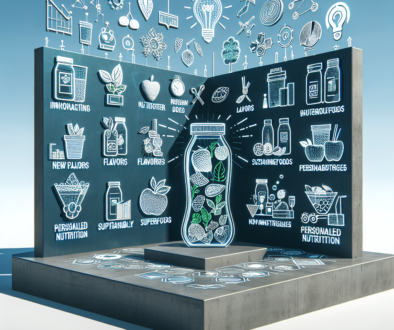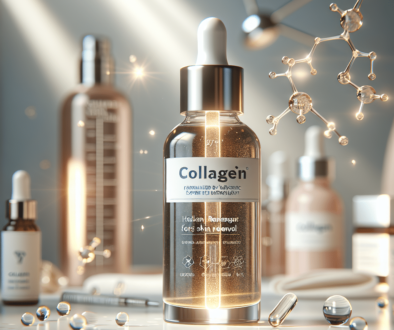Thermosensitive Polyurethane Membrane For Selective Separation Of Substances Of Different Sizes
Keywords
Temperature-Sensitive Polyurethane, Separation Membrane, Temperature-Sensitive Properties, Selective Separation, Collagen, Amino Acids
Abstract
thermosensitive polyurethane (TSPU) membrane was prepared by wet phase transfer technology and used for the selective separation of substances of different sizes such as sodium chloride, glycine and collagen. Differential scanning calorimetry (DSC) and X-ray diffraction (XRD) analysis shows that TSPU has a typical block structure (ie, soft segment and hard segment), and the soft segment and hard segment have their own crystallization phases and phase transition temperatures (the phase transition temperature of the soft segment is defined as the switching temperature, Ts). Hot stage polarizing microscope observation shows that when the temperature is lower than Ts, the soft segments of TSPU have a better crystalline form and are in the spherulite form; but when the temperature exceeds Ts, the crystals of the soft segments gradually melt and disappear. Scanning electron microscopy (SEM) and atomic force microscopy (AFM) were used to analyze the morphology and structure of the TSPU film. The results showed that the surface (layer) of the TSPU film was relatively dense and had a fine microporous structure; the cross-section had an asymmetric porous structure. , this morphological structure plays a decisive role in the selective permeability of the TSPU membrane. By measuring the mass loss of the wet film after drying to calculate the porosity of the membrane, it was found that when the temperature increased from Ts-10¡æ to Ts+10¡æ, the membrane The porosity increased from 46.7% to 65.3%, showing obvious temperature-sensitive characteristics. When the TSPU membrane was used for the separation of sodium chloride, glycine and collagen, it was found that smaller substances such as sodium ions and chloride ions at low temperatures That is, it is permeable, and the permeation flux increases with the increase of temperature. The permeation flux of medium-sized glycine shows obvious temperature dependence, that is, at low temperature (T
For further information of this article and research, feel free to contact our team for asssitance.
Original research was done by Zhou Jian, Zhou Hu, Fan Haojun, Yang Fufeng, Yuan Jixin, Liu Ruowang
About ETChem
ETChem, a reputable Chinese Collagen factory manufacturer and supplier, is renowned for producing, stocking, exporting, and delivering the highest quality collagens. They include marine collagen, fish collagen, bovine collagen, chicken collagen, type I collagen, type II collagen and type III collagen etc. Their offerings, characterized by a neutral taste, and instant solubility attributes, cater to a diverse range of industries. They serve nutraceutical, pharmaceutical, cosmeceutical, veterinary, as well as food and beverage finished product distributors, traders, and manufacturers across Europe, USA, Canada, Australia, Thailand, Japan, Korea, Brazil, and Chile, among others.
ETChem specialization includes exporting and delivering tailor-made collagen powder and finished collagen nutritional supplements. Their extensive product range covers sectors like Food and Beverage, Sports Nutrition, Weight Management, Dietary Supplements, Health and Wellness Products, ensuring comprehensive solutions to meet all your protein needs.
As a trusted company by leading global food and beverage brands and Fortune 500 companies, ETChem reinforces China’s reputation in the global arena. For more information or to sample their products, please contact them and email karen(at)et-chem.com today.



